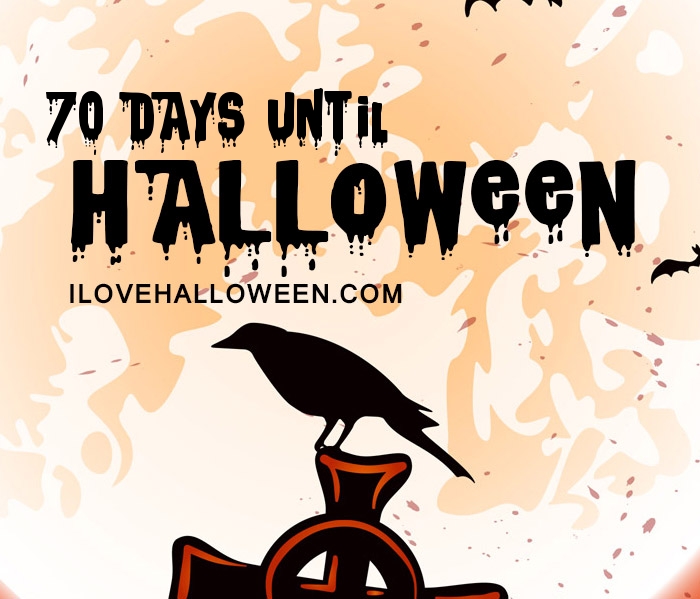There’s
nothing like early April freezes and blustery winds to make one long to turn
the calendar ahead to May. Thumbing through enticing and beautifully
photographed garden catalogs helps brighten these dreary days, but doesn’t
completely console me. I fear it will take the sight of a jaunty jonquil or the
intoxicating scent of a Damask rose to melt away my winter blues.
Fortunately
I know exactly how long it will be until I can get a sniff of my first spring
posy,
because over the years I’ve made notes of when my roses and other
important plants will begin their new parade of blooms.
For example in looking back at this year’s wall calendar, I’m confident that around April 22nd, I’ll see at least one showy Cl. Cecile Brunner in the garden. It has been blooming around that date since we moved to the mountains and never disappoints. I also know my polyanthas like 'Lovely Fairy' are among the last to bloom so I don't fret if they wait till late May to take a bow.
I also know I can plan on seeing male hummingbirds zipping around the garden about that same time. For several years I’ve made a note of the first time I spotted the tiny jewels. Last year they were late - April 17th. But according to my notes, they’ve arrived as early as April 7th.
Fireflies will light up the evening sky
beginning May 15th -- a sure sign that summer is on the way.
 |
| Climbing Cecile is always first to bloom |
 |
| 'Lovely Fairy' is a sport of the original 'Fairy' introduced in 1932 |
I also know I can plan on seeing male hummingbirds zipping around the garden about that same time. For several years I’ve made a note of the first time I spotted the tiny jewels. Last year they were late - April 17th. But according to my notes, they’ve arrived as early as April 7th.
 |
| Hummers arrived April 10th this year |
Anticipating
the day the garden will burst into bloom can be a tonic on a cold spring day.
But having a rough idea of when each variety will be at its best is helpful
when planning special events, whether it’s a family bar-b-que or an outdoor
cocktail party.
Your
“diary” needn’t be more time-consuming than jotting down a plant name on a
standard calendar, then updating bloom dates yearly.
Or
get a small notepad and keep track of plants you add to the garden each spring.
Then while suffering from the winter blahs, go back and evaluate each
addition’s performance.
That brief evaluation can be a money saver if you are like me and keep buying
perennials that won’t tolerate the cold
in my zone. Note to self: this year when you are enamored with Spanish lavender at the garden center, remember it must be considered an annual!
My diary efforts are fairly simple, but don’t dismiss the idea of doing a more elaborate journal. Some people add photographs, even their own paintings to notations about plants, insects, weather conditions and so forth. Such a journal can be an invaluable garden tool and an informative heirloom.
 |
| Lavandula stoechas is charming but only hardy to USDA Zone 8 |
My diary efforts are fairly simple, but don’t dismiss the idea of doing a more elaborate journal. Some people add photographs, even their own paintings to notations about plants, insects, weather conditions and so forth. Such a journal can be an invaluable garden tool and an informative heirloom.
 |
| Keep notes about your tastiest tomatoes |
So
if you’re suffering from flower withdrawal and the winter blahs, consider
sowing some spring aspirations now in a personal journal or diary.
It
may just give your gardener’s soul a chance to blossom early.












-
Follow Us on Twitter!
-
"Join Us on Facebook!
-
RSS
Contact